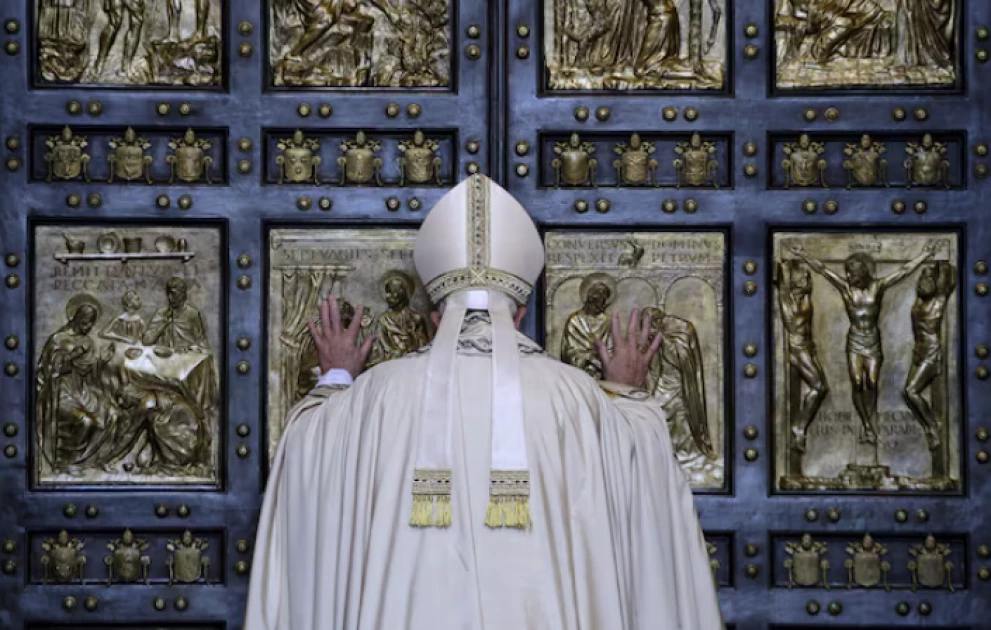Pete Rose's Hall of Fame situation requires some nuance, not a rush to get him in - Newsday
Mets manager Carlos Mendoza learned of Pete Rose’s removal from the Hall of Fame’s permanently ineligible list only moments before his pregame news conference Tuesday, and when asked about it, he took a route more people should emulate.
“Great player, obviously,” Mendoza said. “I’ve got to get back and do a little bit of digging here. . . . People make mistakes, and Pete Rose was one of the best of the best.”
That’s the crux of the issue with Rose, isn’t it? He is Charlie Hustle, the hit king, and one of the most notorious sports gambling cases in history. But what we should really be paying attention to is the part where Mendoza wisely said he had to learn more about Rose’s history before settling on a firm opinion.
There was no shortage of knee-jerk reactions when MLB essentially announced Tuesday that, even in baseball, the wage for sin is death.
“Commissioner [Rob] Manfred has concluded that MLB’s policy shall be that permanent ineligibility ends upon the passing of the disciplined individual,” the news release said, later adding that 17 deceased players, including Rose and Shoeless Joe Jackson, now will be eligible for induction when the Classic Baseball Era Committee meets in December 2027.
Some were outraged that baseball waited until Rose’s death to lift his ban. Others were outraged that he sullied the sport by gambling on Reds games while managing the team. And more than a few noted that this whole thing has been hypocritical for ages; MLB is fully enmeshed in the gambling ecosphere, and thanks to lucrative partnerships with FanDuel, MGM Resorts and DraftKings, you can barely consume a baseball game without being bombarded by ads to wager on everything from first pitches to fly balls (but remember to gamble responsibly!).
And at first, that last point was enough to convince me. Rose paid his dues, Cooperstown is a museum, and it’s absurd to not enshrine the man with 4,256 hits.
But then I thought about Mendoza’s comment and decided to dig a little deeper. For one, although Rose has always maintained that he didn’t bet against the Reds when he managed them, the lawyer who investigated the case, John M. Dowd, said in a 2002 interview that he personally believed that Rose actually did bet against his own team (the Dowd Report he filed in 1989 said there was no evidence of this).
Things get darker than that, though, because Rose’s character wasn’t blackened only by gambling. It also was sullied by alleged statutory rape. In 2016, Dowd said that when Rose was in his 30s and married with children, he had a sexual relationship with a teenager.
Though Rose sued Dowd for defamation (the case was dismissed), he later admitted to the relationship, saying the girl was 16, which was the age of consent in Ohio. The woman, identified only as Jane Doe, said she was 14 or 15 when it began. When a female reporter asked about the affair in 2022, Rose replied, “It was 55 years ago, babe.”
That’s what makes this all so difficult. The Baseball Hall of Fame has a tricky relationship with morality. There are all sorts of sordid characters enshrined in its halls, but Cooperstown also insists on its thorny and far too vague character clause.
In addition to on-the-field merit, those enshrined are to be considered on the basis of “integrity, sportsmanship and character.” Because of it, the Baseball Writers’ Association of America, which votes on recently retired players, and the Classic Era Committee, which votes on those who played before 1980, are forced to be moral arbiters and have to wrestle with their own morality along the way.
So where does that leave Rose?
For what it’s worth, I think Manfred was correct in his blanket revision of the ineligible list.
As the news release noted, players are rendered permanently ineligible for two reasons: 1. So they don’t compromise the integrity of the sport, and 2. So they can serve as a warning to others. You can’t compromise baseball if you’re dead, and you can’t enjoy enshrinement, either, so the deterrent is still there.
Beyond that, though, let’s take a page from Mendoza’s book and think about it more before we rush to put Rose in the Hall. Eligibility doesn’t mean that the Classic Era Committee has to vote Rose in. But there’s also no moral victory in simply pretending that Rose didn’t have an astonishing career that shaped this sport as we know it. Cooperstown is an honor, yes, but, again, it’s also a museum, and a museum’s job is to preserve history and teach others.
Treading the right line will be difficult but not impossible.
So sure. Have Rose in there in some capacity, but tell the whole story. He is baseball’s hit king. He is Charlie Hustle. He was a corrupt gambler. If he did not legally rape that girl, he at the very least took advantage of a literal child.
Tricky situations call for nuanced solutions, and baseball has had decades to think about how to approach this. As Mendoza noted, people make mistakes. We all do. But with deep reflection and care, we don’t have to make one here.

Laura Albanese is a reporter, feature writer and columnist covering local professional sports teams; she began at Newsday in 2007 as an intern.








